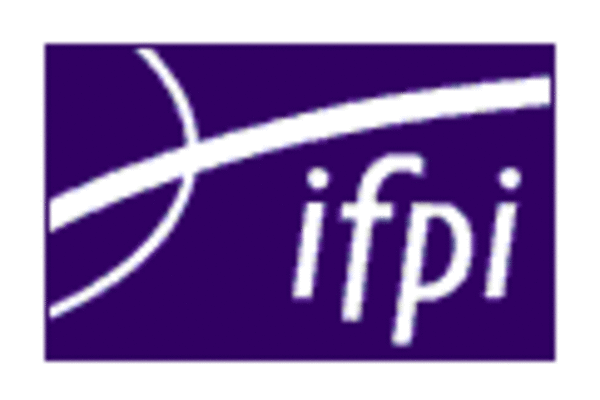Worldwide legal music downloads tripled
James Delahunty
21 Jul 2005 18:51

Figures released by the International Federation of the Phonographic Industry (IFPI) have shown that legal music downloading has tripled worldwide. Earlier this month the British Phonographic Industry (BPI) announced that 10 million downloads had been made so far in 2005, more than double the total 2004 figure in the UK. France and Germany are also two more countries that have seen sharp rises in legal music sales over the Internet.
180 million downloads have been made so far worldwide in 2005. This has led the IFPI to claims that they are winning the "fight against file sharing". Illegal filesharing also saw a rise of 3% since January. Those who have turned to legal alternatives often cite fear of litigation for their change. 14,227 cases against illegal file-sharers have been announced in 12 countries (over 10,000 in the United States) since September 2003.
"We are now seeing real evidence that people are increasingly put off by illegal file-sharing and turning to legal ways of enjoying music online," said John Kennedy, chairman of the IFPI. "Whether it's the fear of getting caught breaking the law, or the realisation that many networks could damage your home PC, attitudes are changing, and that is good news for the whole music industry."
While the figures do allow John Kennedy to make such positive statements for the music industry, it is not time to call it a victory just yet. Many people forget that MP3 has been around for years more than services like iTunes that allow you to legally download music. P2P also came first so naturally people saw the opportunity to share their full music collections with other. Since legal alternatives are only "new", is it not expected that sales would make huge jumps annually for at last a few years?
Also Mr. Kennedy's claim that "many networks could damage your home PC" is very unfair and a deliberate attempt to blacken the name of many legitimate P2P businesses. If he studied the situation well enough he would know that P2P users are generally moving away from less desirable options like Kazaa, to much safer (often open source like eMule or BitTorrent) software. In fact, it now seems that the P2P software that is most popular and best to use, are the titles with no adware or spyware that have been known to cause problems.
It is also time to set another point straight for once. It seems nearly every news story you read now tells you about "upcoming legal P2P services" or "authorised services". Unfortunately for the entertainment industry, MGM vs. Grokster didn't make P2P networks illegal at all. Some news sources and press releases even go as far as to call P2P networks "illegal". The only difference between existing P2P networks and these upcoming "legal" and "authorised" services is that one actually uses software to track files that are shared.
Source:
BBC News